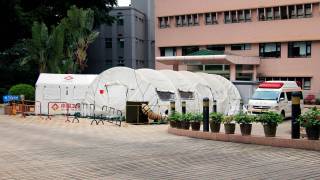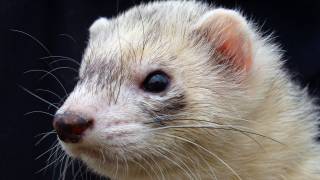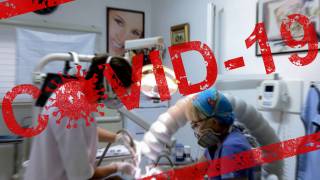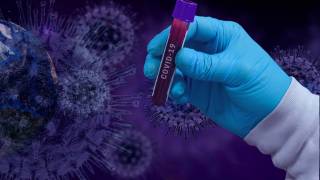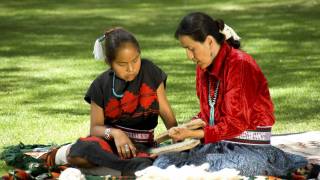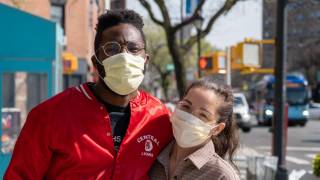Baylor’s Experimental Coronavirus Vaccine to be Developed in India
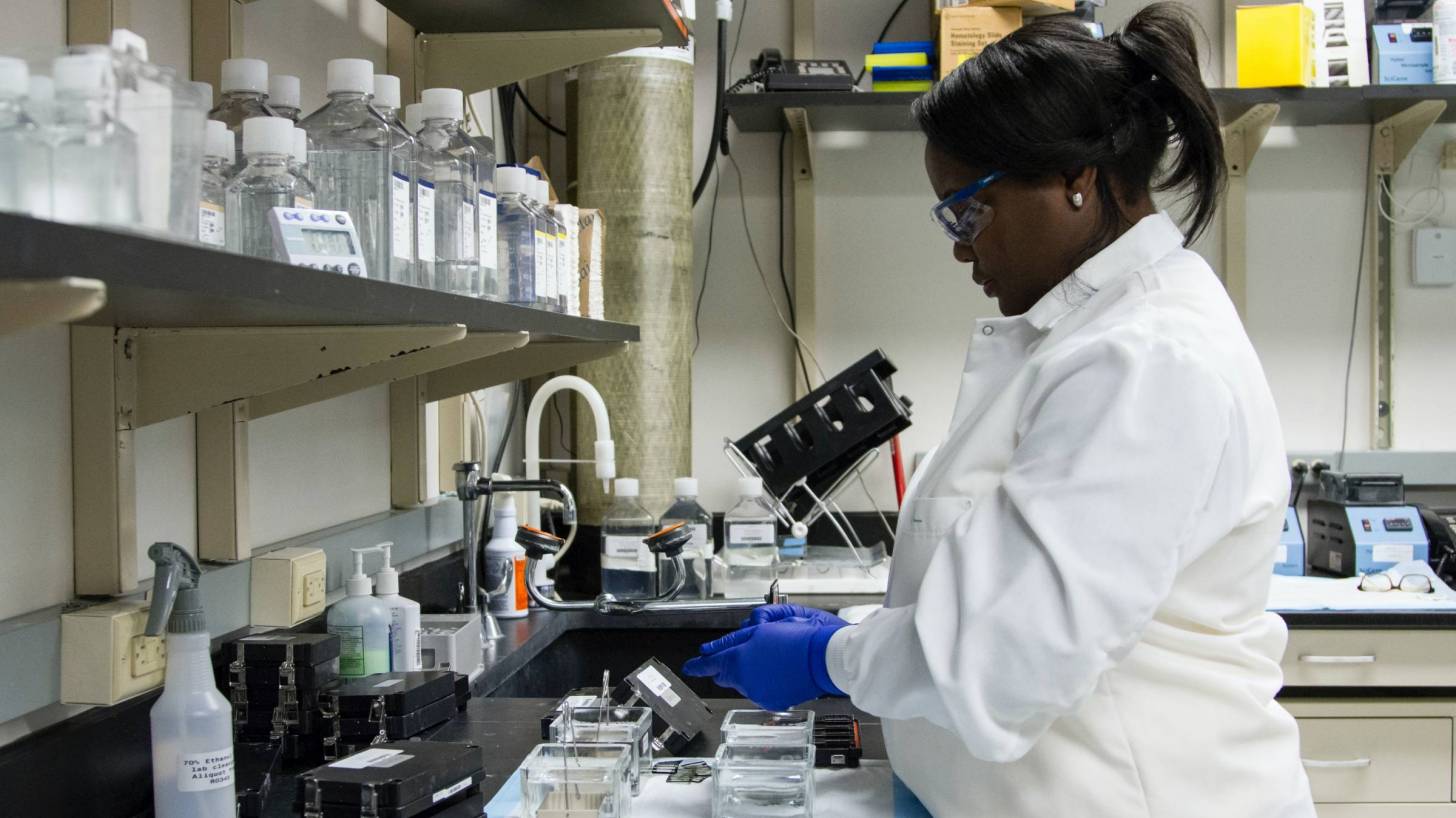
Baylor College of Medicine announced it has entered into a licensing agreement with India-based biotechnology company Biological E. Limited (BE) to develop a COVID-19 vaccine.
This partnership aims to get the vaccine to a point where it can be licensed for India, and for the development of a low-cost version of this vaccine that can be scaled to 1 billion doses for worldwide distribution, stated Baylor on August 14, 2020.
Baylor has been working on a recombinant protein vaccine candidate for SARS viruses since the original outbreak in 2003 and has since modified its vaccine to be effective against the SARS-CoV-2 virus.
“This is the dream for any of us who work in vaccine development. We come up with ideas on how to create them at modest scales. Our niche is to actually make the prototype of the vaccine,” said Maria Elena Bottazzi, Ph.D., associate dean of the National School of Tropical Medicine at Baylor.
“Now with these licenses, we’ve handed it over and they’ll take our product and work out the manufacturing process to take it from modest amounts to a billion doses a year, which is amazing.”
One of the reasons Baylor College of Medicine’s vaccine could be developed so quickly and at such high quantities is because the research team utilized a yeast-based expression technology that is common in vaccine production, Dr. Bottazzi said.
That technology happens to be the same process used in the manufacturing of the hepatitis B vaccine—one Biological E. Limited already produces en masse.
“They very rapidly took it on and built on it. And we know that they can make it at a very low cost. Their hepatitis B vaccine probably sells for a dollar a dose,” Bottazzi said. “Even with COVID-19, they told us they could very easily make this vaccine to probably not cost more than a couple of dollars a dose. … There are so many underserved populations that may need something like a dollar-a-dose vaccine.”
BE plans to begin clinical trials in India as early as next month and as late as October of this year, and is committed to thorough clinical testing to ensure that prior to distribution, the vaccine meets the highest possible safety standards while also being effective.
“They’re going to go through the process—Phase 1, Phase 2, Phase 3. They are going to start doing this in India, but we are going to be facilitating it with them,” Bottazzi said. “We also plan for the opportunity to test it back in the U.S. through clinical trials here.”
“This is a big win for Baylor and for all of us who did all the work in the labs to get it to this point.”
The work is also dependent on funding received from individual donors and larger organizations, including a recent $1 million grant from Tito’s Vodka. “The funding has enabled us to do this and we are now seeing some fruition out of that contribution,” Dr. Bottazzi said.
“We look forward to leveraging our capabilities for the development and manufacturing of this much-needed vaccine. If the vaccine development is successful, we expect to make several hundred million doses of the vaccine available annually,” said Narender Dev Mantena, director of BioE Holdings Inc., who heads BE’s novel vaccine initiative, in a separate press statement.
PrecisionVaccinations publishes research-based vaccine development news.
Our Trust Standards: Medical Advisory Committee






